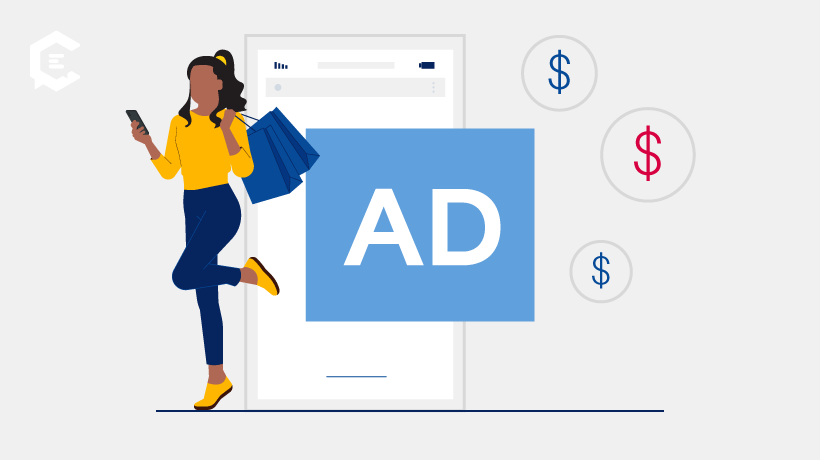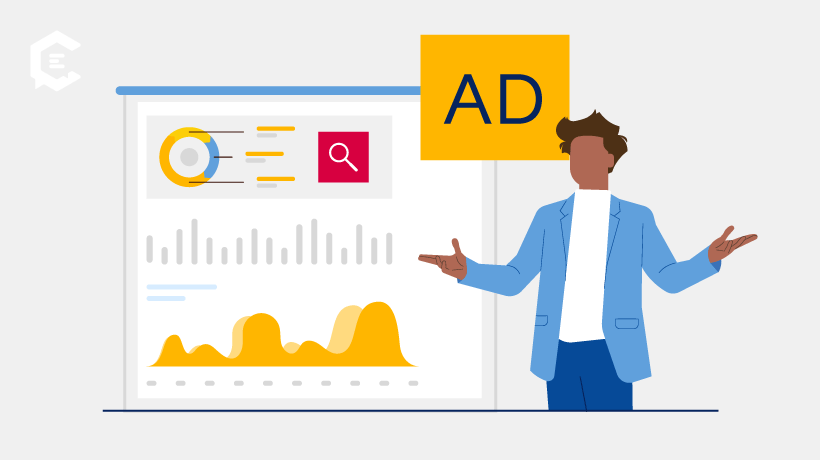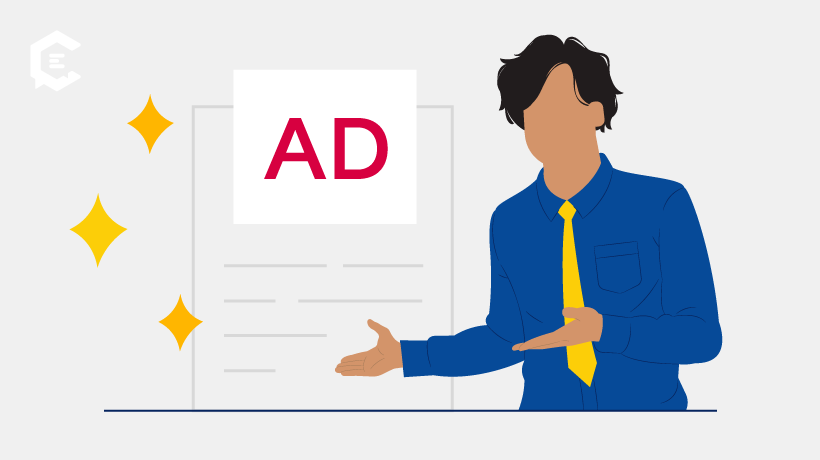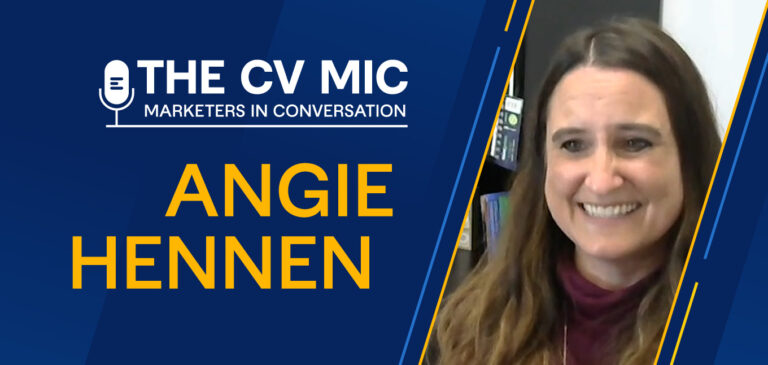Meta regularly tests new tools and updates to strengthen its advertising toolkit, making it difficult for businesses to catch up. By the time you find out about a new Facebook advertising update, your competitors are already way ahead of you. But, that doesn’t have to be the case for next year. We put together nine of the key updates that will help your 2025 paid advertising strategy.
9 Key Facebook Advertising Updates to Know in 2025

1. Meta Business Suite will help you become a more effective marketer
If you’re a professional advertiser on the platform, this one should come as a no-brainer. The Meta Business Suite is a complex platform, but it has all you need to be an effective marketer.
Here’s some of what you can do with it:
- Post across platforms, including Facebook, Instagram, and Messenger
- Create ads
- Track insights and trends
- Access tools like Commerce Manager and Ads Manager
- Manage your inbox
Don’t get overwhelmed by the depth of the platform. Consider taking free courses through Meta Blueprint to learn how to leverage and maximize everything available through the Meta Business Suite.
2. Create more impactful Advantage+ campaigns
People are consuming more video content, and there’s social media data to prove it. Meta’s internal data notes a 25 percent increase in daily watch times for Reels and videos across its apps. Reshares for Reels also reached a whopping 3.5 billion daily.
With this considered, Meta is bringing the power of video to its Advantage+ campaigns. These updates include:
- Advantage+ creative optimizations. This will automatically optimize your video ads for viewing on Reels on Facebook or Instagram mobile apps with a 9:16 ratio. It will also use multiple ad variations and personalize your ads based on what gets the best response.
- Videos in Advantage+ catalog ads. Instead of personalized product recommendations with only static images, you’ll now have the option to use branded videos or customer demonstration videos in your Advantage+ catalog ads.
- Advantage+ creative with Advantage+ catalog campaigns. You’ll be able to include a “hero” image at the center of your catalog ad. Meta’s AI will then dynamically display the best products from your catalog.
3. Drive more sales through improved Shop ads
Shop ads simplify the customer journey, allowing people to easily buy something after seeing an ad for it on Facebook or Instagram. Meta is expanding access to its integrations with Magento and Salesforce Commerce Cloud. So, more advertisers can take advantage of Shop ads and drive increased sales.
Meta is also introducing Shop ads to Partnership ads. This will let you run shoppable Instagram or Facebook advertising campaigns with creators or other business partners. You’ll get to maximize your results with influencer or brand partnerships that double up as ads that allow easy purchase.
4. Use recurring Messenger notifications to get repeat customers
Just because your ad has ended (and you got the sale) doesn’t mean you want to lose that customer.
That’s why Meta released a recurring notification feature that lets you send personalized, automated messages to customers through Messenger to alert them of promotions, new product releases, sales, and major business updates.
Keep in mind that customers can opt out of reoccurring messages, but if they don’t, it can be a great way to improve your advertising ROI.
5. Get enhanced ad insights to inform your Facebook advertising efforts
Facebook advertising analytics just got better, with Meta introducing new attribution models and analytics integrations.
You’ll get the option to choose an attribution setting to optimize for and report on conversions that wouldn’t have happened without the ad being shown (also known as incremental conversions). This will allow you to assess the true impact of your ad and find ways to make improvements.
The buyer journey isn’t always linear, which means that buyers may see and interact with your ads across different platforms. Meta is now making it easier to track this cross-publisher performance and optimize your strategy accordingly. You’ll be able to connect your third-party analytics tools directly into the Meta ads system to get a holistic view of your advertising mix.
6. Get more leads with Meta’s new acquisition tools
This Facebook advertising update is one that small- and medium-sized businesses will want to know. Meta introduced new acquisition tools for lead generation that will help you find new customers and nurture relationships.
Most notably, you’ll be able to offer gated content that requires the user to fill out the Lead Ads instant form without having to direct them to your website. You can easily collect email addresses, phone numbers, and other customer information to further your marketing and advertising results.
In addition, you will be able to filter leads to find the ones that best fit your brand. This will be done by a multiple-choice questionnaire that helps weed out those who aren’t in your target market.
7. Adapt your targeting to remove detailed targeting exclusions
Previously, Meta advertisers had the option to restrict who saw their ads. The platform has since removed the ability to use detailed targeting exclusions. Meta is still offering alternative ways to exclude a certain audience from your targeting like audience exclusions. However, if you primarily used detailed targeting exclusions, you’ll need to adjust your 2025 Facebook advertising according to this new update.
Meta believes that this change will improve campaign performance. A recent test showed a 22.6 percent lower cost per conversion when an advertiser didn’t use detailed targeting exclusions compared to when they did use it.
8. Improve ad performance with Meta’s “Performance 5”
If you haven’t heard of “Performance 5,” this is one of the Facebook advertising updates that can help you have better-performing ads for less.
Meta says that by making the following five changes (that they’ve collectively deemed Performance 5), advertisers can see improved results:
- Simplified ad sets: Consolidate your ad sets to increase conversions.
- Broad targeting: Meta says that broad targeting (instead of interest targeting) can help you reach more people and get more customers.
- Mobile-friendly video: Video ads optimized for mobile drive more conversions for less.
- Ad testing: A/B testing lets you refine your advertising and learn what works the best with your audience
- Conversions API: Connect the Conversions API to Shopify or Wix for more accurate ad results
9. Choose threshold or net 30 for Facebook billing
All invoicing is stored within the billing section when you run ads for Facebook and Instagram. With Facebook Advertising, you have a variety of ways to handle billing.
- Billing threshold: This billing process informs the system to bill you when you’ve reached a certain amount of ad spend within your ad account. Facebook can choose the threshold amount for you, or you can set it. This would work well with minimal client accounts associated with your ad spend, but it becomes complex when you have to break down payments by the client.
- Monthly invoicing: This invoicing process is the most common, but it is not Facebook’s default approach. Monthly invoicing secures a specific day of the month to pay all pending invoices within your ad account. You can also separate charges by the client and grant your billing manager access without sharing passwords. Additionally, if you’re managing more than one ad account, you will receive a monthly invoice for each account.
This goes without saying, but never share your passwords. Ever. Use a third-party password-protecting platform or properly provide people access through Facebook Business Manager, but do not risk your brand’s security by sharing passwords.
- Net 30. The option to have your billing released at Net 30 is a newer option considering client payment terms. If you’re unfamiliar with the term, Net 30 means you can pay your balance 30 days after the purchase. Considering that some businesses and clients make payments to advertisers with net 30 terms, Facebook is now honoring the same structure.
This billing method is not available to everyone. Facebook will notify you via email to inform you if your account is eligible, and they will provide you with a credit threshold that you can use within your net 30 terms. If you qualify, be sure to activate this billing method.
Even with all these tools to power your Facebook advertising campaigns, you still need impactful ad copy to engage your target audience. With a vetted network of freelance content experts, ClearVoice offers managed content solutions to take your Facebook ads to the next level. Connect with a content specialist to get started.







